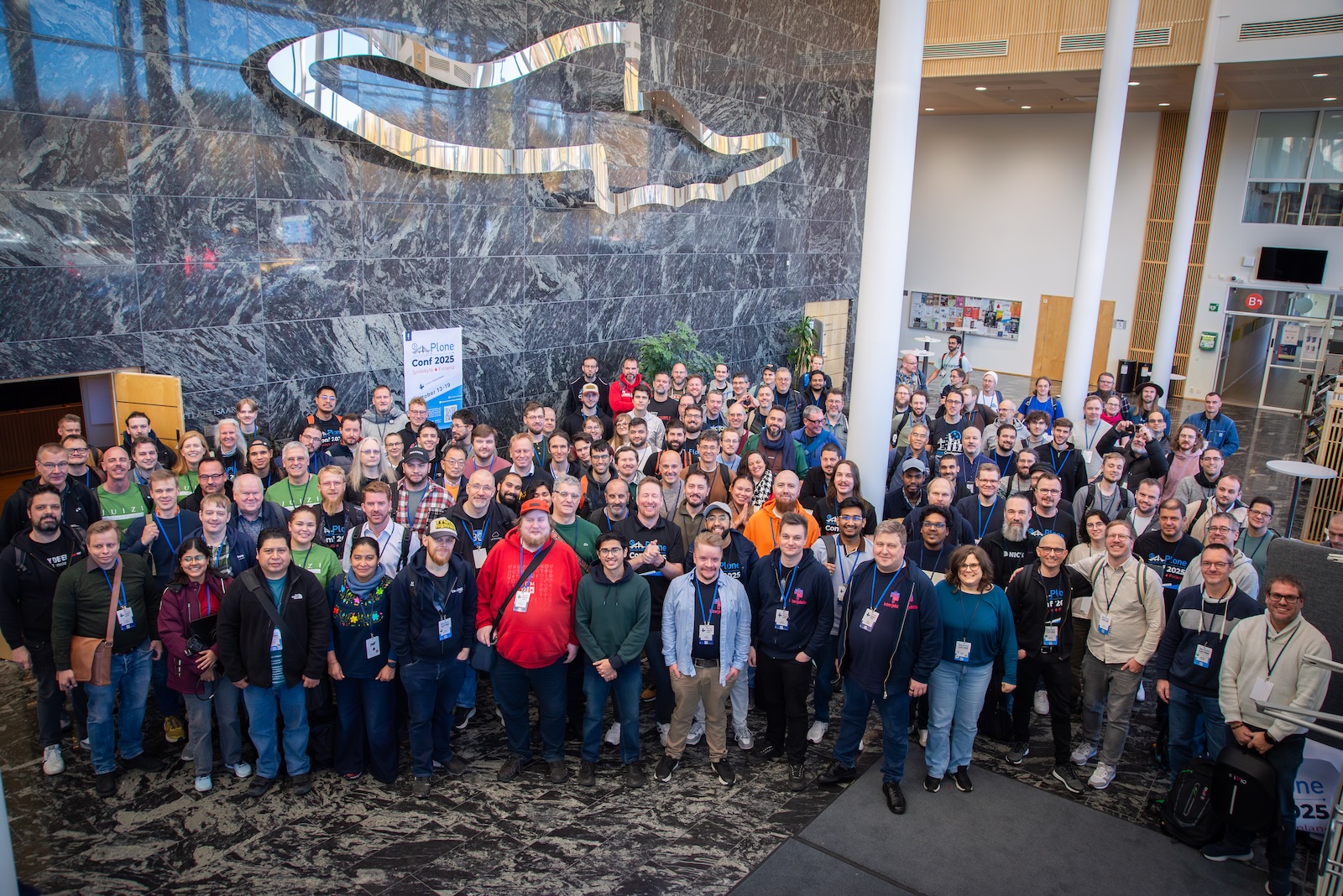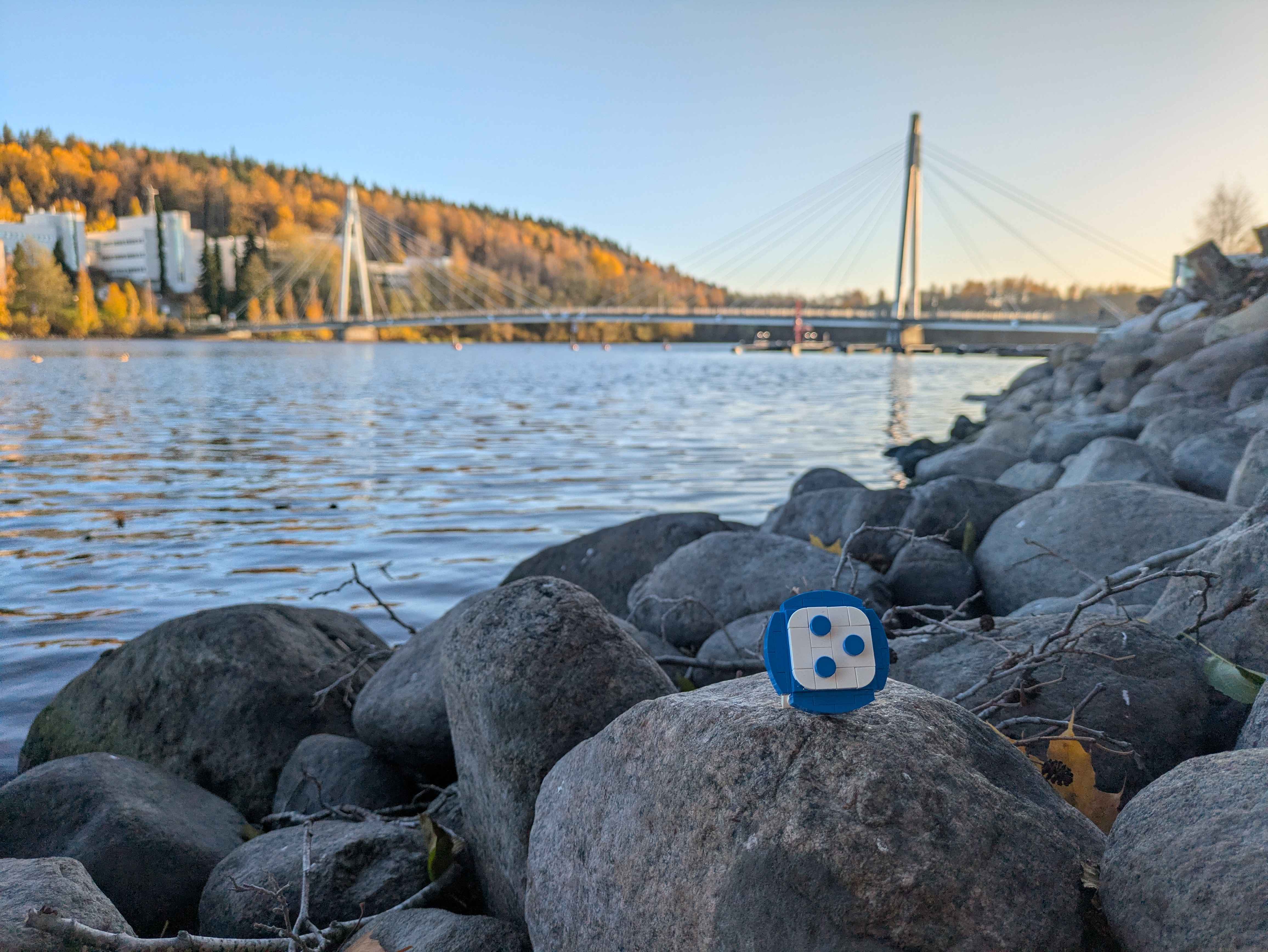What GSoC with Plone Taught Me (and Took Me To)

Hey everyone!
Those who don't know me, I guess an introduction is in order. My name’s Manas Kenge, a CS grad from the class of 2025. I got into Google Summer of Code’25 with Plone where my project was creating a Workflow Manager for Volto (which is Plone’s modern frontend). Those of you who don’t know — Plone is a CMS in Python that’s been around for almost 25 years (I know! I hadn’t heard of it before either). I won’t go into too much detail explaining what my project was or what a workflow manager is — you can see it here.
The reason I am writing this blog is because I got the chance to attend the yearly Plone Conference which happened in Jyväskylä, Finland. Yes, I didn’t know that I would get a chance to attend the conference — it was a surprise to me as well, I was just happy to be selected for GSoC. Every year the Google Summer of Code students get a chance to attend the Plone Conference which happens around the world.
If you are reading this and thinking about contributing, you definitely should! Plus, the conference next year is happening at another great location.
Believe me when I say this, the whole experience was nothing short of incredible (and no, I’m not exaggerating). I randomly got an email one day while my project was ongoing and I couldn’t believe it! Here I was, sitting in my room, “vibe-coding” and fixing bugs, when suddenly I get an email titled “GSoC student at the Plone Conference.” I opened it, thinking it’d be about some online event I’d have to attend — but boy, was I wrong. It turned out to be the best email in my entire inbox (well, second best, the first one being the GSoC acceptance mail, of course). My heart was racing, and when I showed it to my parents they couldn’t believe it either. I still can’t forget the smile on their face.
Now, skipping ahead a bit, I won’t go into every detail about communicating with the conference organizers and coordinators (who were extremely kind and helped me with every little thing in the months leading up to the event). I’m genuinely grateful for that. Right so, since this was my first solo international trip, I was kind of nervous. After what felt like endless hours of travel, switching from car to flight to train to bus, I finally arrived. My first Plone Conference. My first trip abroad. I had no idea what kind of experience I was in for.
It was freezing cold in Finland, but the people there were incredibly warm. Everyone was so welcoming. One of the things I loved most was how diverse the community was — people of all ages and backgrounds, from release managers and senior engineers to newcomers like me. The conference itself lasted a full week and was split into several parts — trainings, conference talks, PyCon Finland, and finally the sprint. The training included various topics around developing Plone and Volto (Plone’s frontend is called Volto). As a first-timer knowing almost nothing, it was a nice experience for me to learn Plone in depth. The Conference talks lasted 3 days, with PyCon Finland taking place on the third day. For those of you who don’t know, PyCon (Python Conference) is an annual event for the global Python community — and this year, PyCon Finland was held together with the Plone Conference.
Across these days, there were keynotes, open spaces, lightning talks, and a ton of insightful sessions from the Plone community. I learned so much from hearing everyone share their stories and experiences.
And then came the big moment — my talk.
The reason I was invited in the first place. It was scheduled for the third day, where I had to present my project and give a live demo in front of everyone. When my turn finally came, I’ll be honest — I was nervous. It was my first time giving a talk in front of an international audience, and seeing all those experienced developers and contributors in the room was both exciting and intimidating. But once I started explaining my project, the nerves slowly faded away.
I talked about how the Workflow Manager works, why it was needed in Volto, and the challenges I faced while building it. People seemed genuinely interested, and a few even came up to me afterwards to ask questions and share ideas. That meant a lot to me — getting feedback and appreciation from people who’ve been part of the Plone ecosystem for years was incredibly motivating. After the talks, we had the sprint, which went on for two days. It was open to everyone — developers, designers, writers, or anyone who wanted to help out. People were working on all kinds of things: adding new features, fixing bugs, improving documentation, and polishing existing parts of Plone and Volto. I really liked how open and collaborative it felt — you could just join any table, start talking, and contribute to something meaningful. Even small fixes or ideas were valued, which made it a great learning experience.

Looking back, attending the Plone Conference was truly one of the best experiences of my life. I learned a lot, made great friends, and got inspired to keep contributing to open source. I’m really grateful to the Plone community, the GSoC program, and everyone who made this possible.
If you ever get a chance to be part of something like this — whether it’s GSoC, open source, or a developer conference — go for it. You never know how far it might take you.